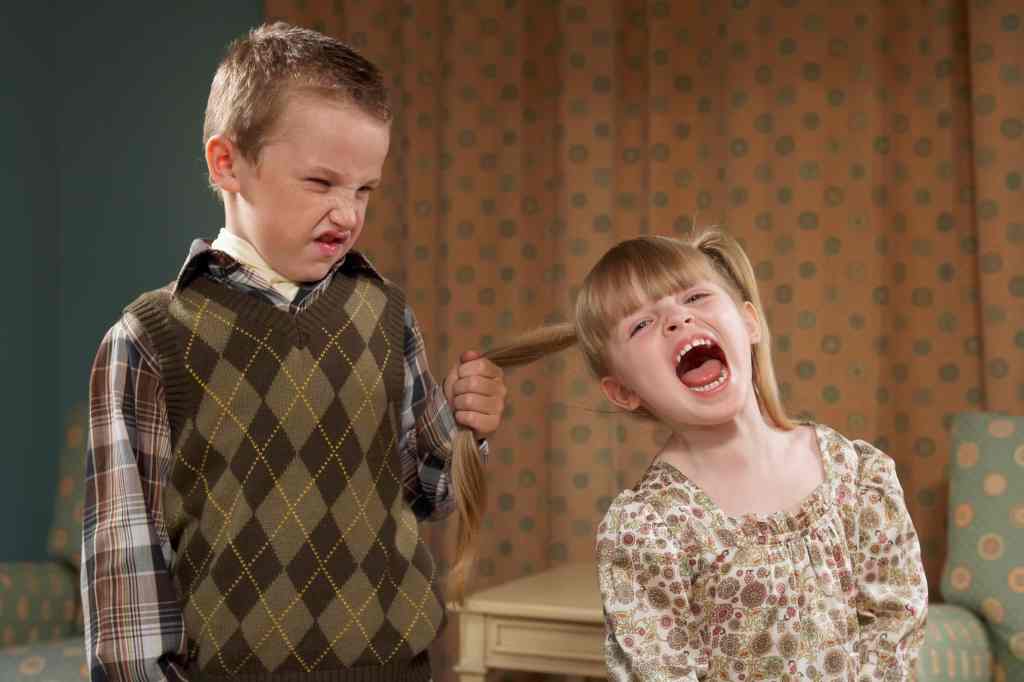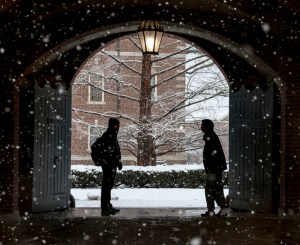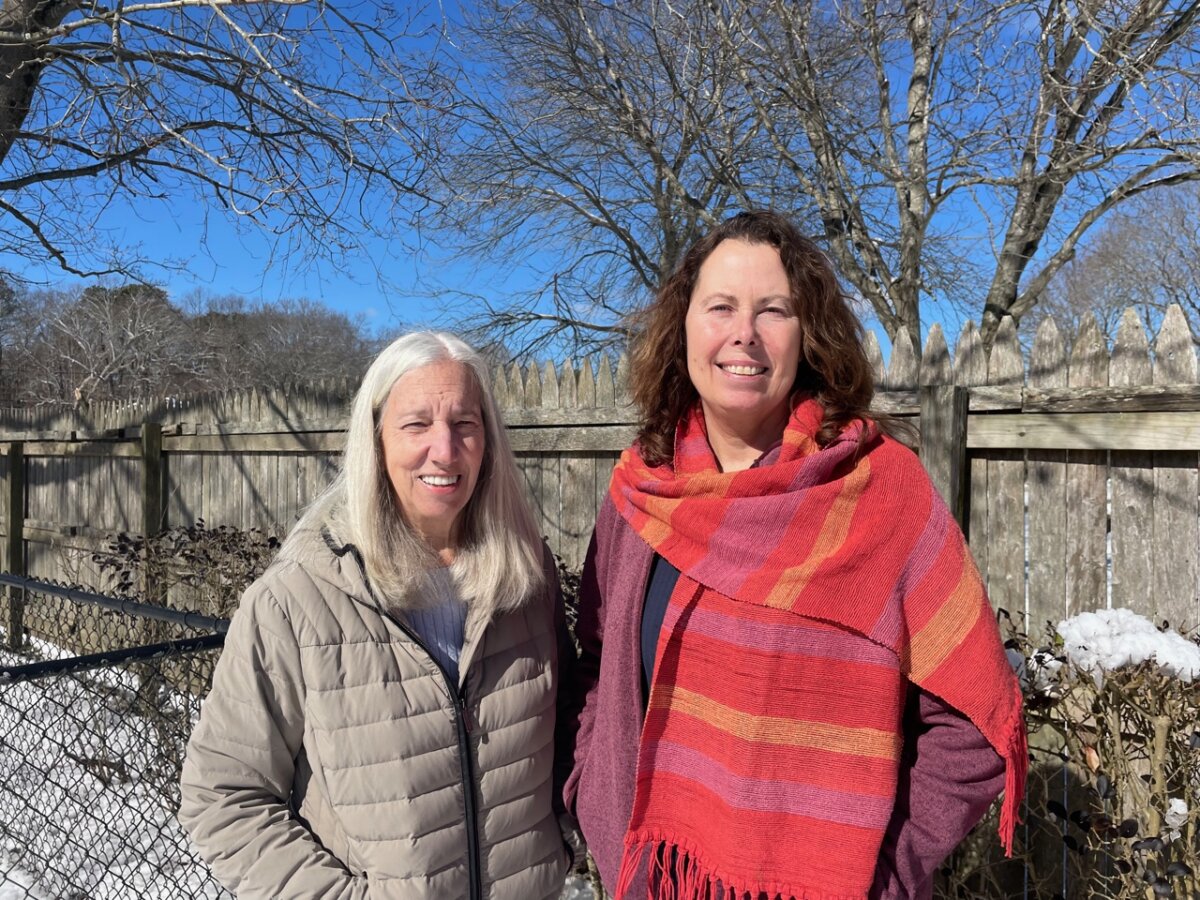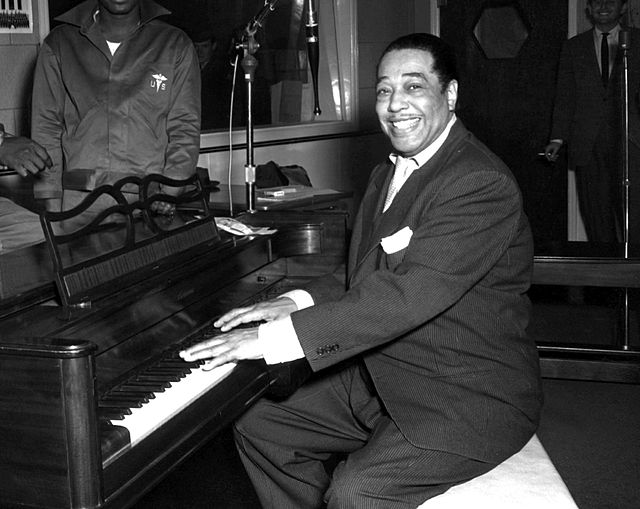Google “parenting advice” and the results will likely include a million websites offering tips on managing the terrible twos, modeling good behavior, and how to get kids to eat their vegetables.
Harder to find is guidance on what parents can do to teach their children how to cultivate healthy friendships so kids are prepared to recognize and avoid controlling, manipulative, and abusive behavior in romantic relationships when they start dating and grow up.
“I bet he likes you,” adults often tell girls when a boy has been mean to them, not realizing that this trope is victim blaming and equates flirting with hurting in a child’s mind.
Such parental cues have consequences. Nearly one in 11 female and approximately one in 15 male high school students reported experiencing dating violence in the last year, according to the U.S. Centers for Disease Control. The agency found that 26% of women and 15% of men who survived sexual violence, physical violence, or stalking by an intimate partner were first victimized before age 18.
“Parents have so much to worry about, I understand why the topic of healthy relationships is overlooked,” writes Colleen Merlo, executive director of L.I. Against Domestic Violence. “If we don’t provide guidance about healthy relationships, we risk setting them up for lifelong trauma.”
Merlo, who says one in three adolescents experience abuse in a relationship, suggests that parents start by reinforcing that children should not be afraid to talk about issues without judgment.
“Let your child know that you care about their health and safety, and that they should stand up for themselves in situations that seem controlling, abusive, unsafe, or against their values,” she writes. “Let them know that if they can’t come to you, they should reach out another trusted – adult. Learn the warning signs, give your teen examples of healthy and unhealthy behaviors in a dating relationship and assure your teen that you are there for them, no matter what.”
To learn the warning signs or if you suspect that your teen is involved in an abusive relationship, call L.I. Against Domestic Violence’s 24-hour hotline at 631-666-8833 or visit liadv.org



























